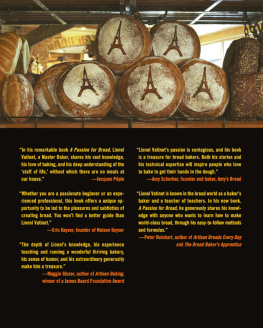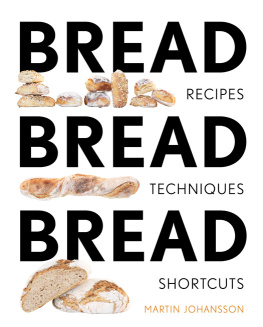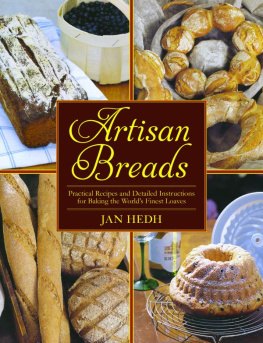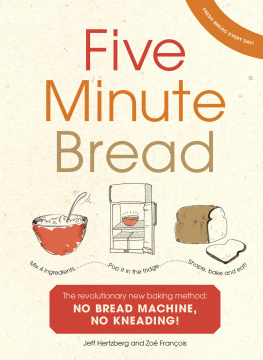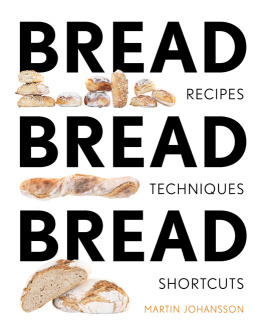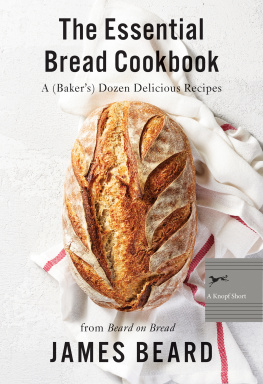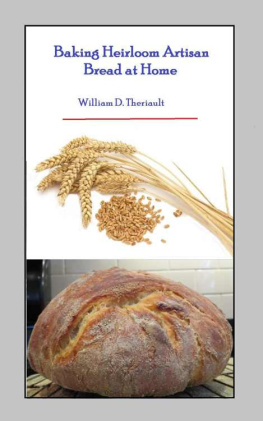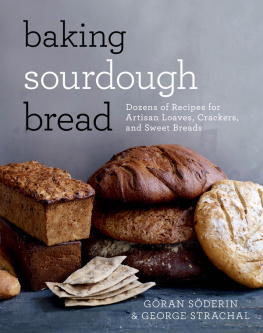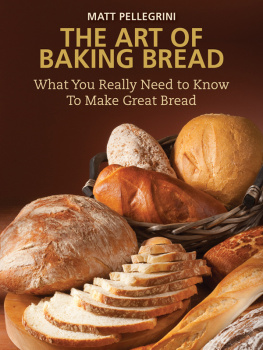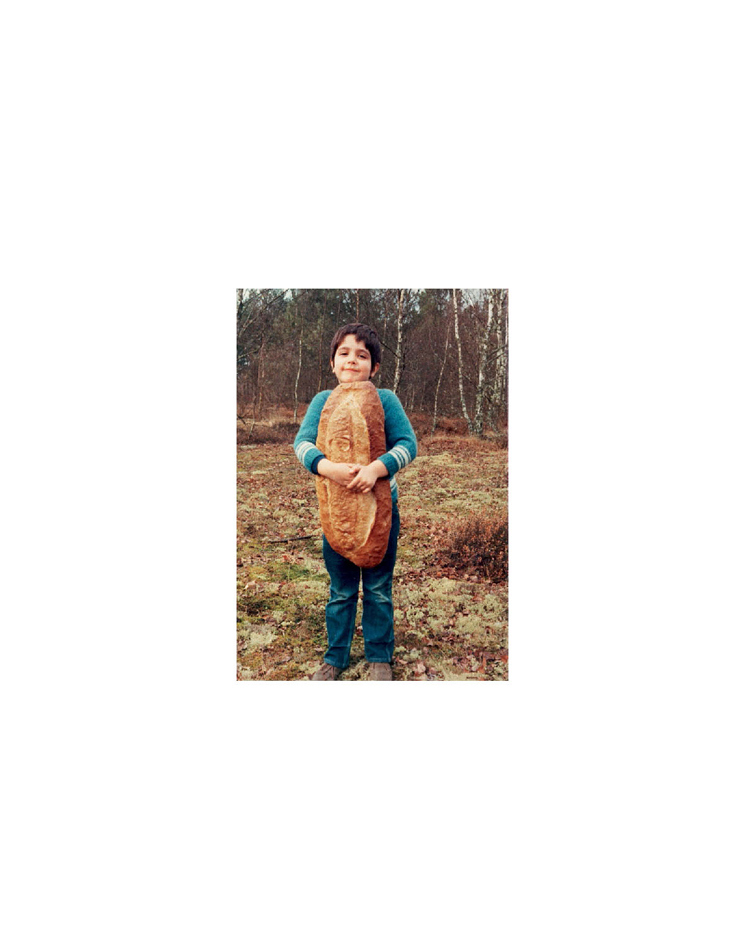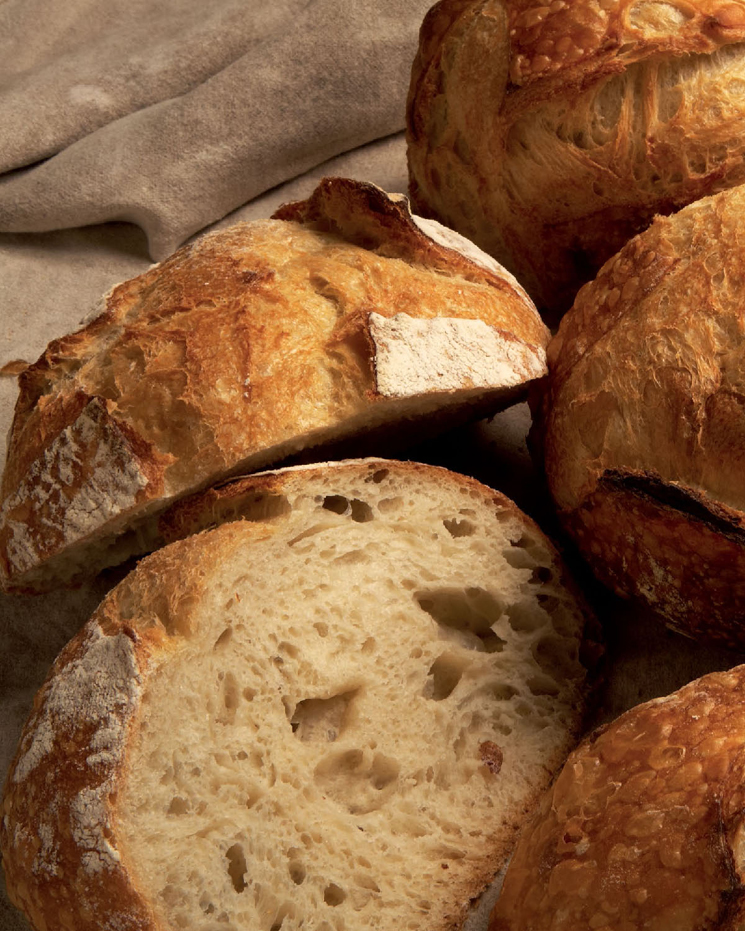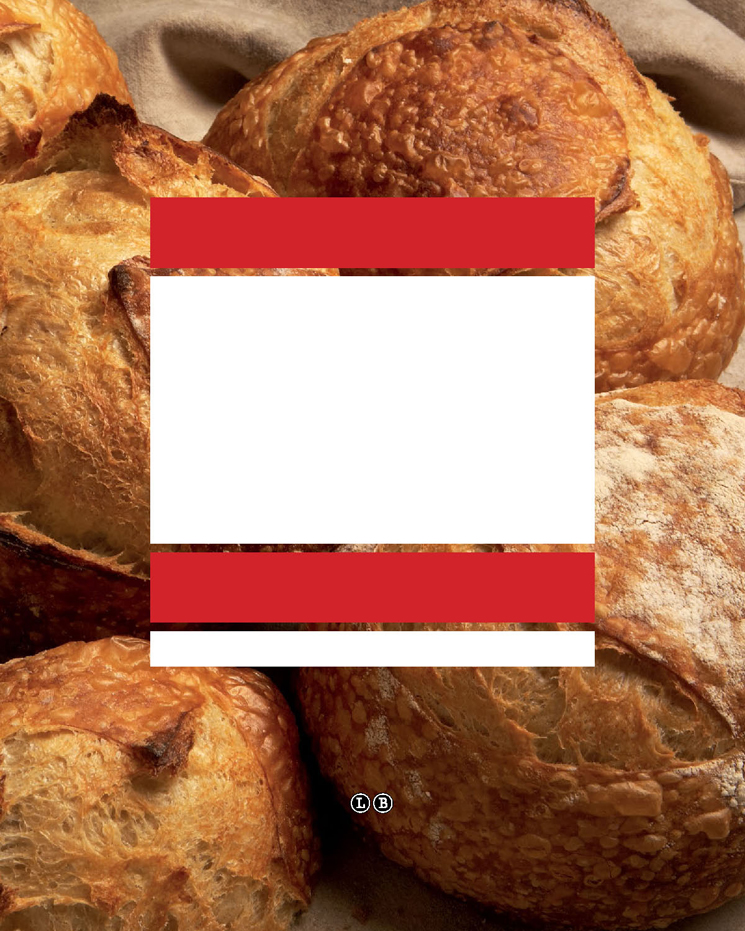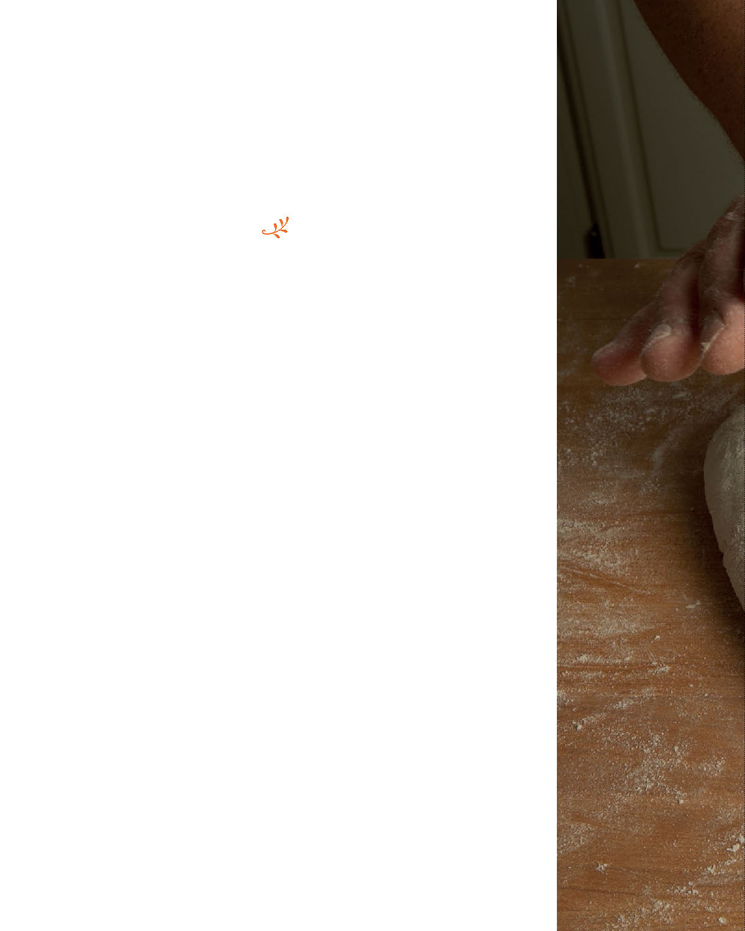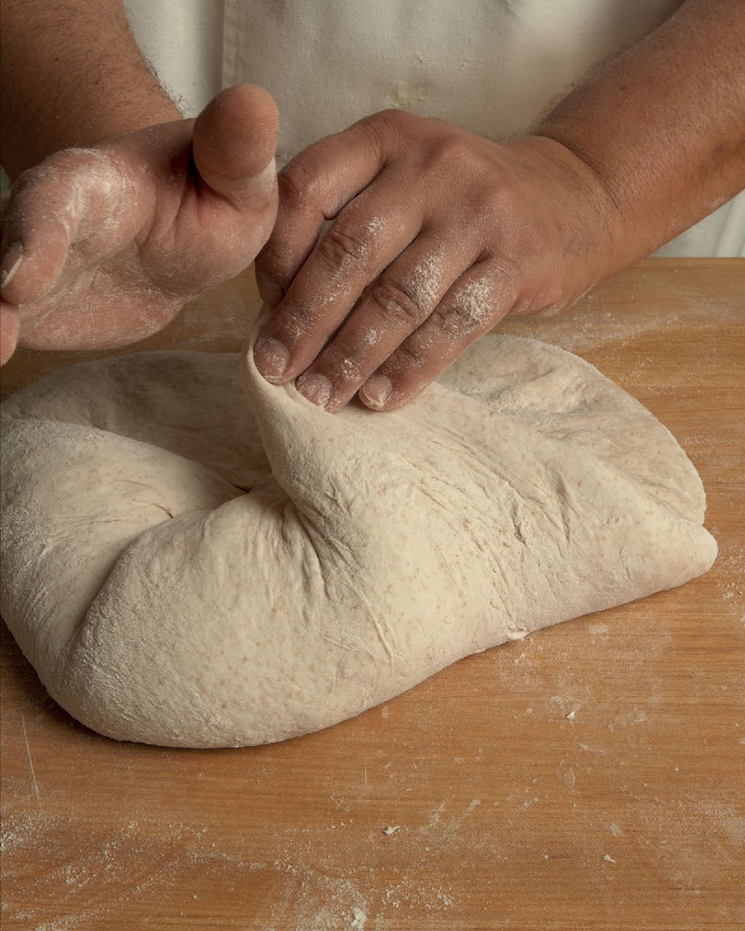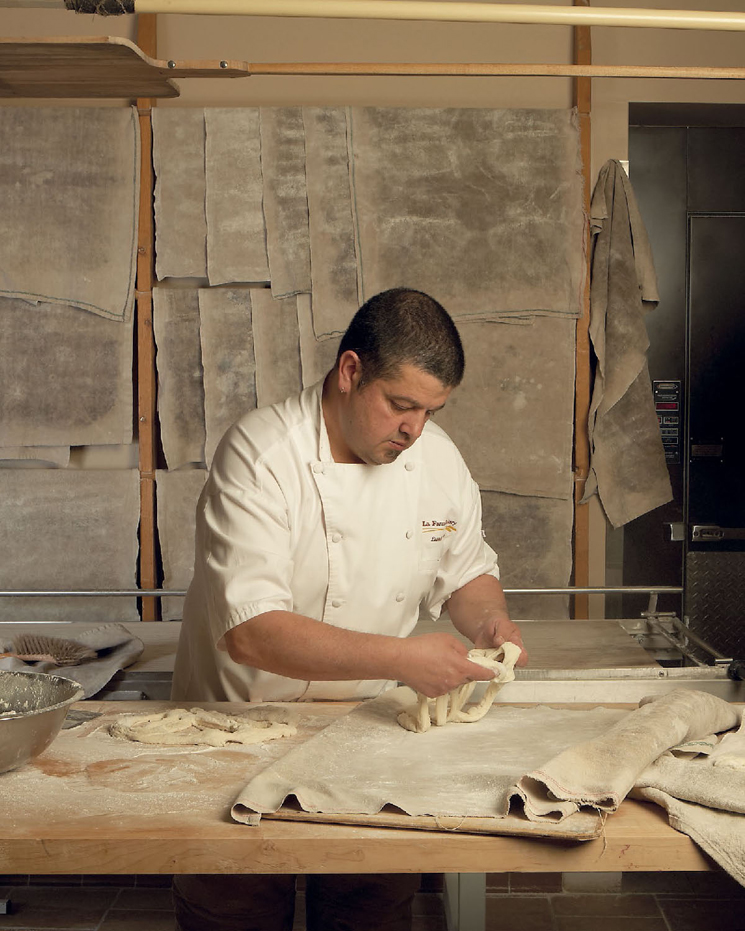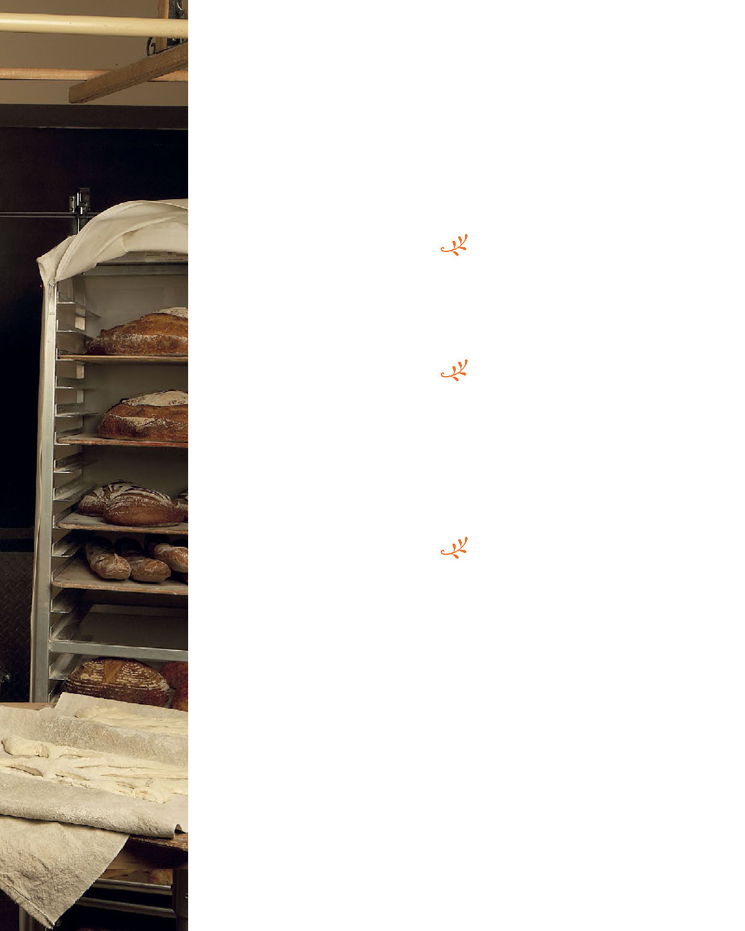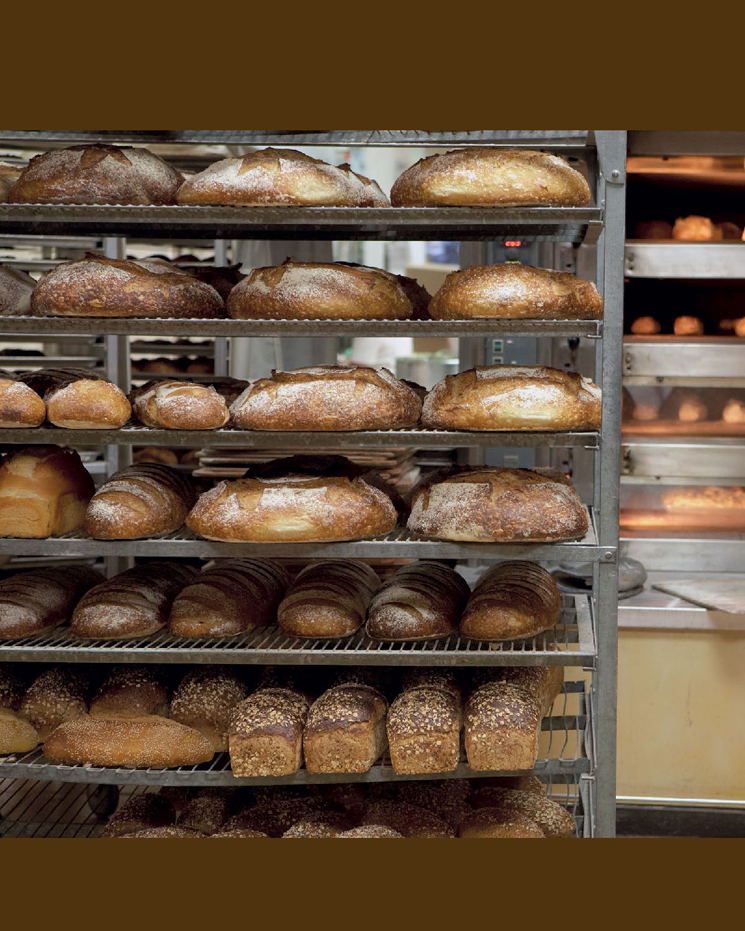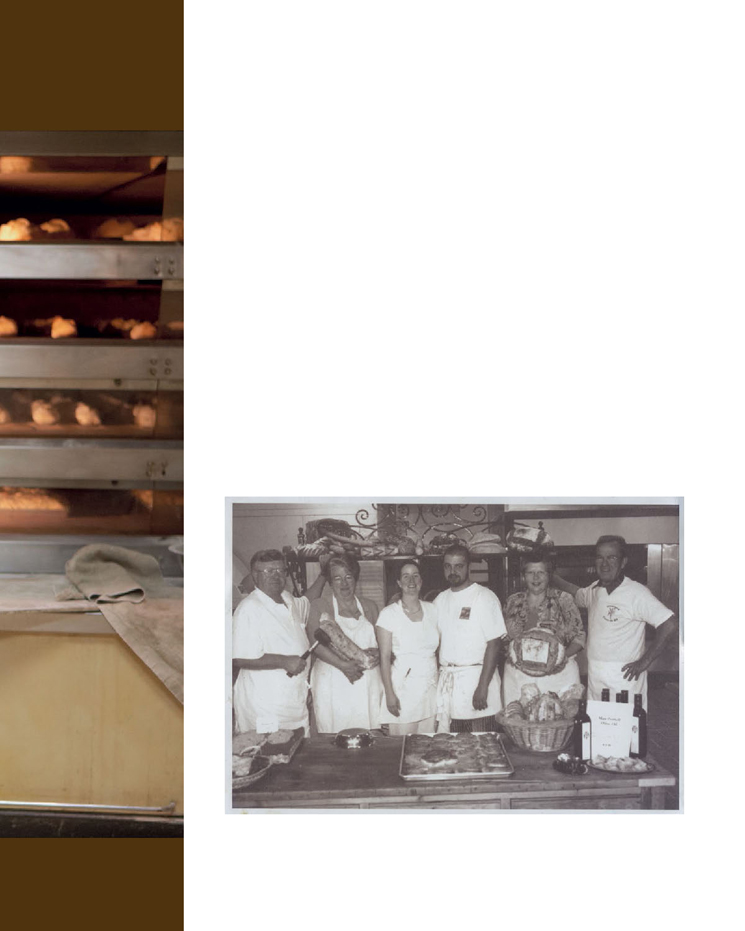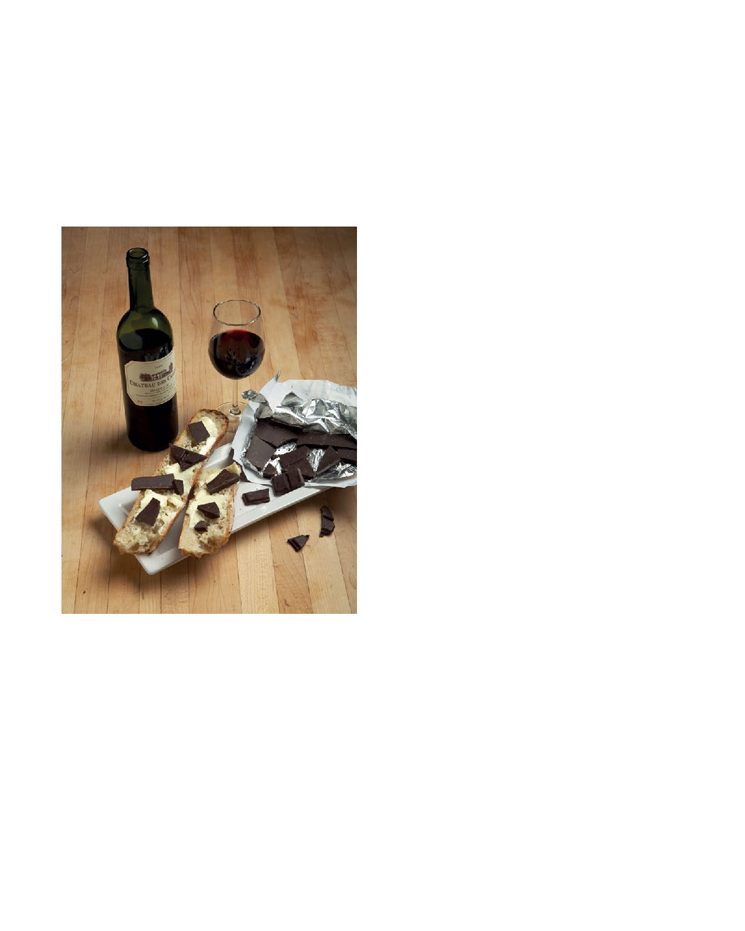A PASSION FOR BREAD
LIONEL VATINET
A PASSION
FOR BREAD
Lessons from a Master Baker
7 Steps to Making
Great Bread
PHOTOGRAPHY BY GORDON MUNRO
LITTLE, BROWN AND COMPANY
NEW YORK BOSTON LONDON
To all the bakers I have taught
and who have taught me so much
Copyright 2013 by Lionel Vatinet
All photographs copyright by Gordon Munro, except for photographs on pages 5 and 6,
which are copyright by David Sciabarasi
Author photograph by Gordon Munro
Cover design by Kapo Ng
Cover photographs by Gordon Munro
Cover 2013 by Hachette Book Group, Inc.
All rights reserved. In accordance with the U.S. Copyright Act of 1976, the scanning,
uploading, and electronic sharing of any part of this book without the permission of the
publisher constitute unlawful piracy and theft of the authors intellectual property. If you
would like to use material from the book (other than for review purposes), prior written
permission must be obtained by contacting the publisher at permissions@hbgusa.com.
Thank you for your support of the authors rights.
Little, Brown and Company
Hachette Book Group
237 Park Avenue, New York, NY 10017
littlebrown.com
twitter.com/littlebrown
facebook.com/littlebrownandcompany
First Ebook Edition: November 2013
Little, Brown and Company is a division of Hachette Book Group, Inc. The Little, Brown
name and logo are trademarks of Hachette Book Group, Inc.
The publisher is not responsible for websites (or their content) that are not owned by the
publisher.
The Hachette Speakers Bureau provides a wide range of authors for speaking events. To find
out more, go to hachettespeakersbureau.com or call (866) 376-6591.
Designed by Laura Lindgren
ISBN 978-0-316-25573-8
CONTENTS
INTRODUCTION
INGREDIENTS FOR FINE BREAD BAKING
EQUIPMENT FOR FINE BREAD BAKING
SEVEN STEPS TO MAKING GREAT BREAD
CLASSIC FRENCH BREADS
CLASSIC CIABATTA AND FOCACCIA BREADS
SOURDOUGH BREADS
WHOLE-GRAIN BREADS
BETWEEN, ON, AND AROUND THE BREAD
ACKNOWLEDGMENTS
RESOURCES AND SOURCES
INDEX
viii
INTRODUCTION
Where does passion come from? Beginning in my early teens, I discovered a
passion for bread makinga passion that has continued to deepen through
the years that Ive worked at the bread oven. Of course, my French heritage
may have had something to do with it. I grew
up in Montrouge, a suburb of Paris, with
the aroma of baking bread permeating the
early morning. Was it this deeply ingrained
experience that sealed my fate, or was it the
bread at the center of the family table that
infused me with a sense of its importance to daily life? I still cant answer
that question. However my passion arose and wherever it has taken me, the
making of bread remains my lifes consuming passion.
There are so many traditions associated with dining in France, and many
of them revolve around bread. For instance, the loaf is always placed at the
center of the table: directly on it, never on a plate. And never upside down;
this would indicate that you didnt earn your bread, and also questions
your work ethic, something one should never do in the presence of a
Our parents, who helped build our dream
The making of bread
remains my lifes
consuming passion.
Frenchman, particularly after his three-hour lunch. (I sometimes say that
the French eat like babies, every three hours.) The crusty heel of a baguette
is given to teething babies, a custom that seems
to lay the groundwork for a lifelong fight over
the end of the loaf. Before a meal begins and
the loaf is broken open, often someone blesses
the bread by making the sign of a cross over it,
as my grandfather did throughout his life. And,
table manners aside, a piece of bread is still the
best tool to push and absorb any food remaining
on the plate. All of these rituals were part of my
childhood, but it wasnt until much later in life
that I realized the cultural impact of bread and the
place it holds in history: the lack of it has started
revolutions; in the smallest amounts it has kept
communities from starvation; religious miracles
have sprung from it; and for most people, memories,
history, and family traditions center around the
table where bread is broken.
Although I grew up loving to eat and always
enjoyed a good piece of bread to wipe the plate
clean, I never thought about bread baking as a
career. In hindsight, it makes sensebread was at
the heart of our family table. Mornings brought
the smell of my dad toasting a slice of pain de
campagne , warm and oozing with salty butter and
honey or homemade jam; an afternoon snack was
a crumbly slice of brioche, thickly buttered and
topped with a wedge of chocolate (a favorite snack
of my fathers as it is now mine); and there was
(and still is) nothing quite as satisfying as the last bit of dinners pan jus
wiped up with a bit of crust. Even a visit to my grandparents in Vende
was highlighted with a favored loaf of the local orange-scented brioche
vendenne . There was never a meal without laughteror bread! But, until
I came of age and started to contemplate my career options, cooking and
baking unquestionably remained my moms job.
I was not much of a student (although I did score high marks in
classroom comedy), and my parents, who ran a small caf in La Rochelle, a
town north of Bordeaux, urged me to explore the various trades practiced
by their many customers. I tried my hand at quite a fewauto mechanic,
plumber, electricianbut none sparked a desire to spend my life working at
them. After a day or two in each job, I was bored and ready to move on. But,
There was never
a meal without
laughteror bread!
Dads favorite: baguette, bitter
semi-sweet chocolate, and
red wine

